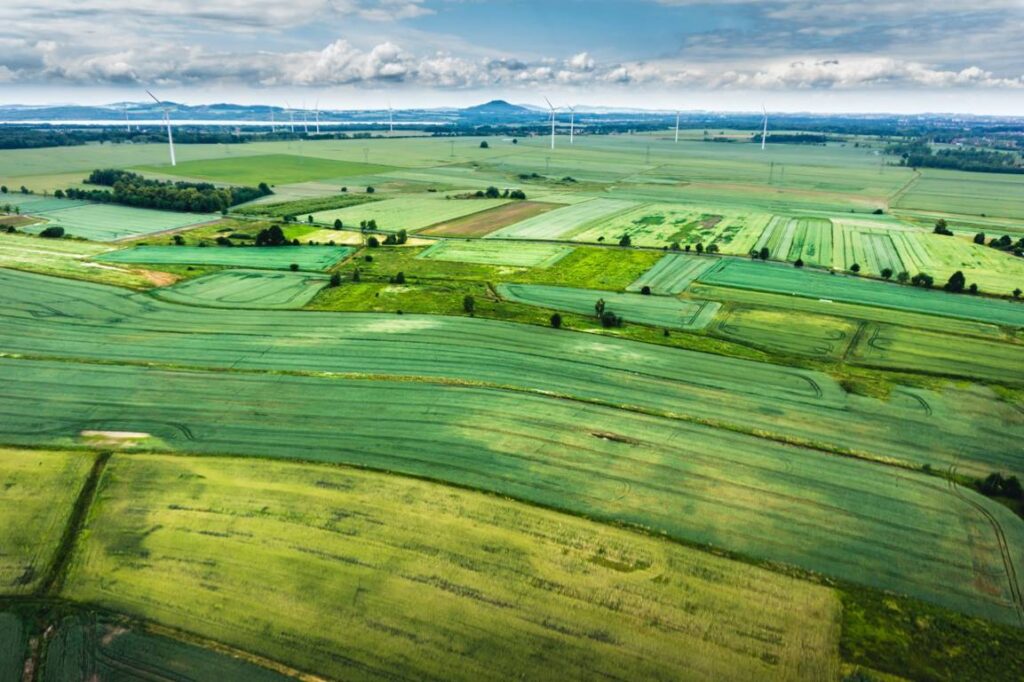Investing in land is a very important part of any long-term financial plan. Owning your own piece of property allows you to control your investments and increases your chances for success. There are many different types of land to choose from, so it’s important to do your research before investing. By choosing the right property, you can secure a steady stream of income for years to come.
There are many reasons to invest in land. Some people believe that the value of land will continue to increase, while others feel that buying and holding the property is a sound long-term investment strategy. Whatever your reasons for wanting to buy or own land, it’s important to do your research before making a decision. There are several things you need to consider, including zoning laws, tax rates, and local market conditions.
Different purposes of acquiring land
The land is an important resource that is used for a variety of purposes. People use the land for farming, housing, and businesses. There are also many different types of land, including forests, deserts, and wetlands. Each type of land has its own unique features and benefits. People have been using land for thousands of years. In the past, people mainly used the land for farming and hunting. Today, however, people are using land in new ways. For example, many people are building homes in suburban areas. And businesses are opening up in downtown areas.
Land is a valuable resource that should be used wisely. So be wary while investing in land because it is important to remember that not everyone can use every piece of land. Some types of land are better suited for certain purposes than others. It is used for housing and businesses, agriculture, and other industrial purposes. Land can also be used for parks, recreational areas, and natural habitats. The use of land must be carefully planned to make sure that the most beneficial uses are made of this valuable resource.
What are the different types of land investments?
Investing in Land typically includes one or more of the following: farmland, timberland, ranchland, and development land. The different types of land investments offer different potential rates of return, levels of risk, and management requirements.
Farmland is perhaps the most well-known type of land investment. It offers stability due to the demand for food, and many farmers are able to generate a reasonable income from their crops. However, the price of farmland can be volatile due to changes in the agricultural market.
Timberland is another popular type of land investment. Trees take years to grow to maturity, so there is a long-term outlook with timber investments. In addition, timberland often provides a steady stream of revenue through logging rights or harvesting rights. The downside is that timberland can be susceptible to wildfires and other natural disasters.
Ranchland is a broad term that can refer to farmland, grazing land, or timberland. In the United States, ranchland is often used to describe large parcels of open land that are used for grazing livestock or growing crops. Ranching is a major industry in the American West, and many cattle ranchers lease or own large tracts of ranchland. Ranchland typically has a high amount of grass and forbs, and it can be used for cattle ranching, sheep ranching, or crop farming.
Development land is a precious commodity in the city. It is often the site of new businesses, homes, and parks. It is also the place where developers put their dreams into action. Development land can be found all over the city and its price reflects its importance.

How do you go about investing in land?
When it comes to investing, there are a variety of options to choose from. However, one of the oldest and most reliable investments is in the land. Here are some tips on how you can start investing in the land:
Do your research: Make sure you understand what you’re buying and the potential risks involved. Talk to people who have experience in this area, read up on the subject, and visit potential properties before making any decisions.
Consider your budget: Land can be expensive, so make sure you have enough money saved up to make the purchase. You may also want to consider setting up a monthly budget for property upkeep and taxes.
Choose the right location: When it comes to land investment, location is key. So choose the location wisely that fits your budget and has the potential to give you a better return in upcoming years.
What are the risks and rewards associated with investing in land?
When it comes to land investment, there are risks and rewards associated with any decision made. It’s important to weigh all the options carefully before investing in land, as there are many factors that come into play. One of the main risks associated with land investment is the potential for property values to decline. This could leave an investor with a property they are unable to sell at a profit, or even worse, worth less than what they paid for it. Another risk is not being able to find a buyer when it’s time to sell.
On the other hand, there are several reasons why investing in land can be a wise choice. The land is a tangible asset that usually has long-term value, making it a solid investment choice. Additionally, demand for land often remains consistent even during tough economic times.
Land investment can be a great way to secure your financial future
Land investment can be a great way to secure your financial future, but it is important to do your research before you buy. Look for a property that will grow in value over time and make sure you are comfortable with the risks involved. Owning land is a long-term investment, so be patient and don’t expect to see a return on your investment overnight.
When it comes to long-term financial stability, few things are as important as investing in land. Land investment can provide you with a solid foundation for your future and help you build wealth over time. However, it is important to remember that there are risks involved in any investment, and land is no exception. So before you invest, make sure you understand the risks and how to mitigate them. With proper planning and due diligence, though, land investment can be a great way to secure your financial future.

